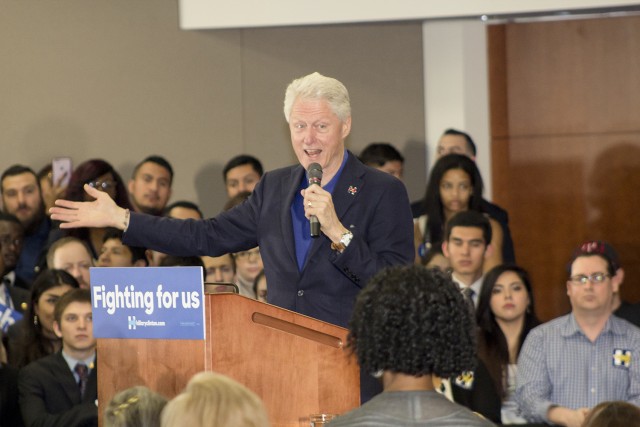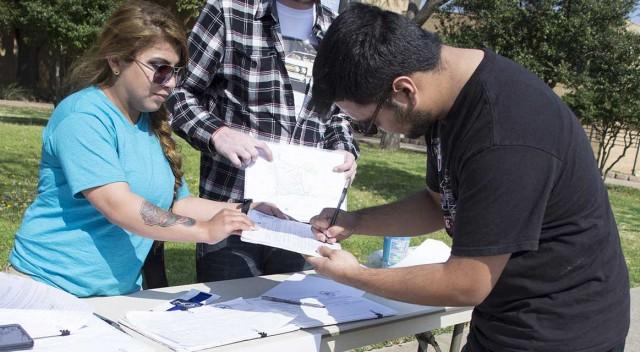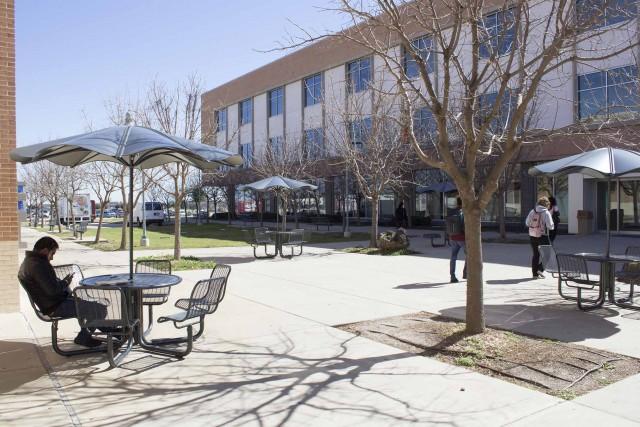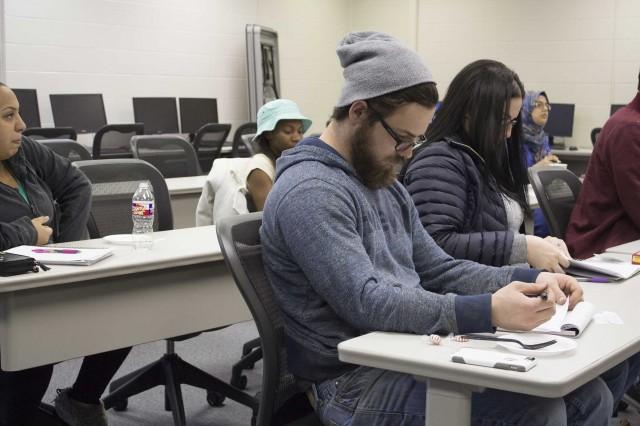The argument concerning safety at the expense of privacy has once again been brought to the forefront of media attention with the FBI’s request to Apple for access to the iPhone of San Bernardino shooter Syed Farook.
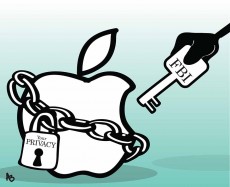
On one side of the argument, the FBI believes Farook’s iPhone holds pertinent details regarding the shooting that may help in the case. However, the iPhone will eliminate all of the phone’s data after 10 unsuccessful password attempts, effectively deleting any relevant evidence. To prevent this, FBI officials have approached Apple for assistance in breaking the code.
On the other hand, Apple CEO Tim Cook and leaders at other tech industry giants such as Google, Facebook and Twitter have retaliated. They don’t view the problem as simply helping to close the case on the San Bernardino shooting and are more concerned about the long-term ramifications of granting the FBI access to Farook’s iPhone.
Apple has devoted decades to enhancing the security and encryption of its products to keep the sensitive information of consumers from reaching prying eyes.
The FBI, unable to bypass the encryption, has asked that Apple create a new version of the iOS capable of bypassing important security features to be installed on Farook’s phone.
While the FBI claims this new iOS would be limited to this case alone, Apple maintains it would, in effect, create a backdoor or master key to potentially any iPhone, and there is no way to guarantee the government wouldn’t abuse such control.
According to Apple, the government could potentially extend this breach of privacy and demand that Apple build surveillance software to intercept messages, access health records or financial data, track locations or access a phone’s microphone or camera without one’s knowledge.
In addition, Apple is concerned that if the new operating system were created, it could reach the hands of cybercriminals, hackers and foreign interests.
As both sides vie for public opinion and Americans find themselves caught between their own fears of the unknown and potential threats of terrorism, it is important to keep in mind the sacredness of privacy. It is that privacy that the government has proven more than once it is willing to undermine in the name of “safety,” such as when Edward Snowden revealed the NSA’s underhanded collection of citizens’ private data.
As Americans, we should not buy in to threats of danger and potential harm at the expense of our privacy because privacy is a citizen’s right that protects us from the overreach and harm of government institutions.
Benjamin Franklin once said, “Those who would give up essential liberty, to purchase a little temporary safety, deserve neither liberty nor safety.” At this time, it is important that we reflect on those words and do what we can to safeguard our essential liberties.

























